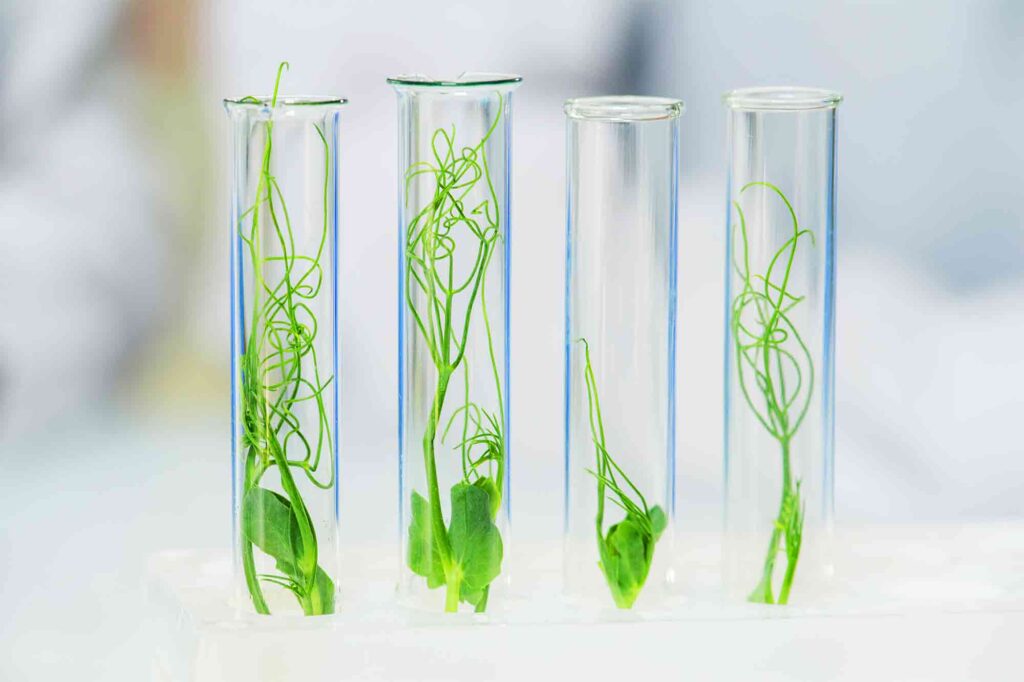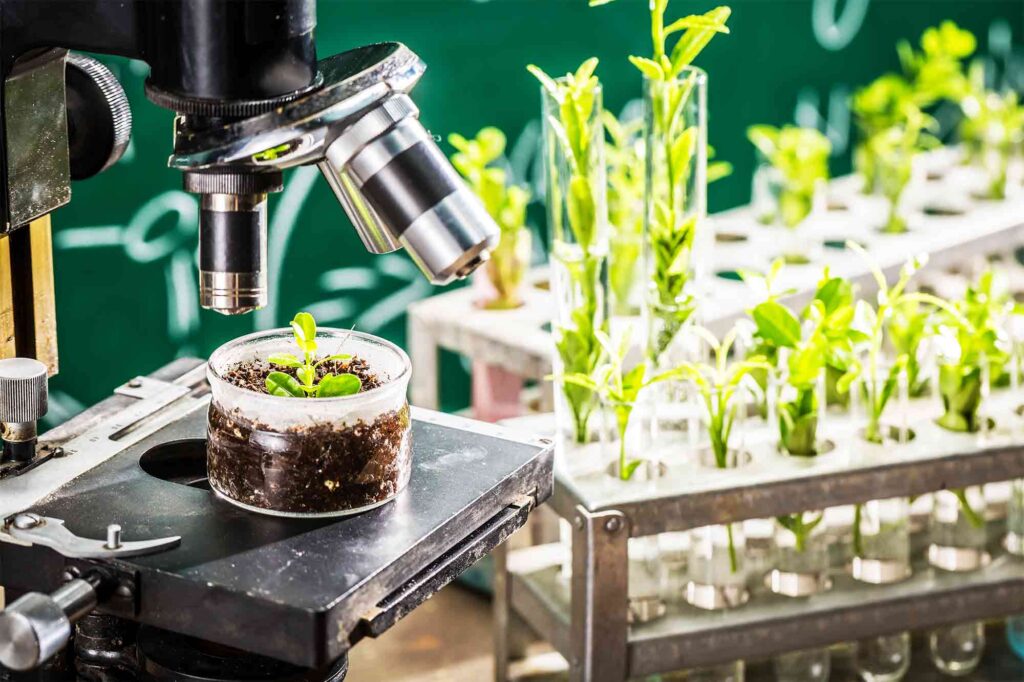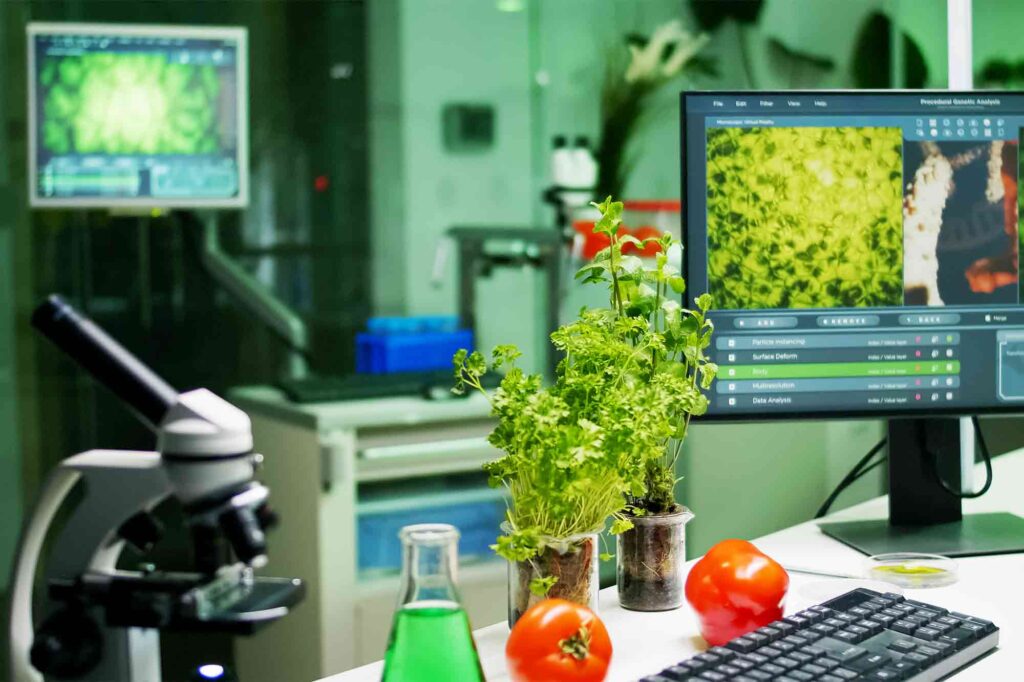Future of Food: Can Regulation Keep Pace?
The future of food is unfolding rapidly, driven by advances in technology, changing consumer preferences, and urgent environmental concerns.
As we move toward a world where lab-grown meat, plant-based proteins, and genetically engineered crops become commonplace, the question arises: Can our regulatory systems keep up with these innovations?
The food industry is at the cusp of a transformation. Lab-grown meat, for instance, has the potential to reduce the environmental footprint of meat production significantly. It promises to cut down on land use, water consumption, and greenhouse gas emissions, all while providing a cruelty-free alternative to traditional livestock farming.
Similarly, plant-based proteins, such as those developed by companies like Beyond Meat and Impossible Foods, are rapidly gaining popularity, offering consumers familiar tastes with a lighter environmental impact.

But as exciting
as these developments are, they present a challenge for regulators.
The current regulatory frameworks were designed around conventional food production methods. They may not be equipped to address the unique challenges posed by these new food technologies. For example, lab-grown meat requires cells to be harvested, cultured, and processed in a controlled environment—a process quite different from raising and slaughtering animals.
How do we ensure that these products are safe for consumption? How do we label them so that consumers are adequately informed?

Genetically engineered crops present similar challenges. While they offer the potential to improve yields, resist pests, and adapt to climate change, they also raise concerns about biodiversity, environmental impact, and food safety.
Regulatory bodies must walk a fine line between encouraging innovation and ensuring that these new products do not pose unforeseen risks.
The speed of innovation
in the food industry is outpacing the ability of regulatory agencies to respond. This lag can lead to either overly cautious regulations that stifle innovation or too lenient policies that fail to protect consumers and the environment.
To keep up, regulators will need to become more agile. Possibly adopting new approaches such as risk-based assessments and more dynamic regulatory frameworks.

In conclusion, the future of food is bright and full of possibilities. Anyway it will require a concerted effort from both the industry and regulators. To ensure that these innovations are safe, sustainable, and beneficial to all.
As we push the boundaries of what’s possible, it’s crucial that our regulatory systems evolve in tandem to keep pace with the future of food.




